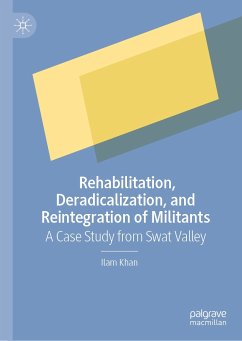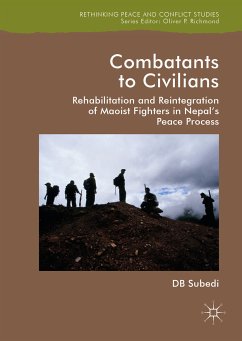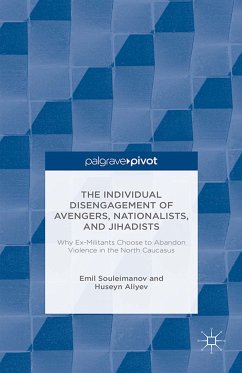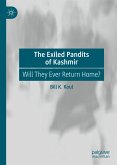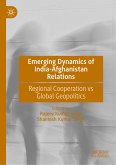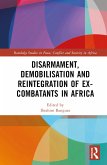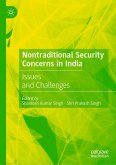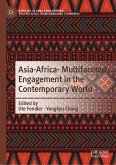--Dr. Husnul Amin, Professor & Head, Peace & Conflict Studies, National Defence University Islamabad
"Based on empirical research, the author takes readers on a journey, creating an understanding of post conflict environments and the need to rehabilitate, deradicalize and reintegrate individuals within mainstream society. This book is a must-read for policy makers and professionals who are concerned with restoring harmony and peace in post-conflict settings."
--Dr Samina Karim, Associate Professor in Social Work, UK.
This ethnographic study focuses on post-conflict rehabilitation in Pakistan's Swat valley, addressing deradicalization,rehabilitation and reintegration in the context of militancy and counter-militancy. It provides a theoretical framework for rehabilitation, emphasizing disarmament, demobilization, and reintegration (DDR) and introduces the concepts of controlled environment, controlled society, and controlled rehabilitation within Swat's unique context. The book categorizes the drivers of militancy, revealing distinctions from conventional perspectives. It also assesses the challenges of reintegrating ex-combatants and explores the compatibility of restorative justice (RJ) with Pashtunwali, the traditional Pashtun legal system. The book is useful for researchers focusing Pashtun region, post-conflict interventionists, and peace and conflict scholars, this book offers valuable insights into the intricacies of this critical region's rehabilitation and counter-militancy efforts.
Dr. Ilam Khan is an Assistant Professor in the Department of Peace and Conflict Studies at the University of Swabi, Khyber, Pakhtunkhwa, Pakistan. His research focuses on issues at borderland between Pakistan and Afghanistan, popularly known as Durand Line, where many military operations are being carried out against terrorism, post-conflict peacebuilding, women in post-conflict environments, rehabilitation, nonviolent movements, restorative justice, and community-based approaches. He is a freelancer and has conducted a number of studies for national and international organizations like Asia Foundation; UNRCO; UNDOC; UN Women, etc.
Dieser Download kann aus rechtlichen Gründen nur mit Rechnungsadresse in A, B, BG, CY, CZ, D, DK, EW, E, FIN, F, GR, HR, H, IRL, I, LT, L, LR, M, NL, PL, P, R, S, SLO, SK ausgeliefert werden.

